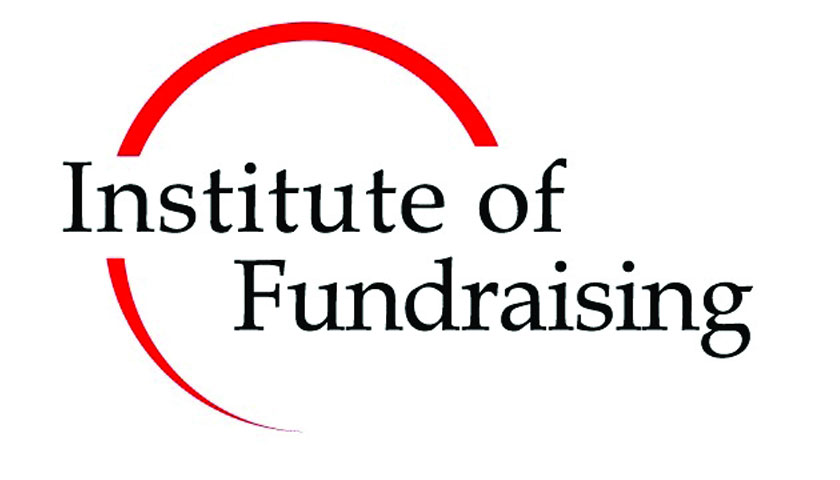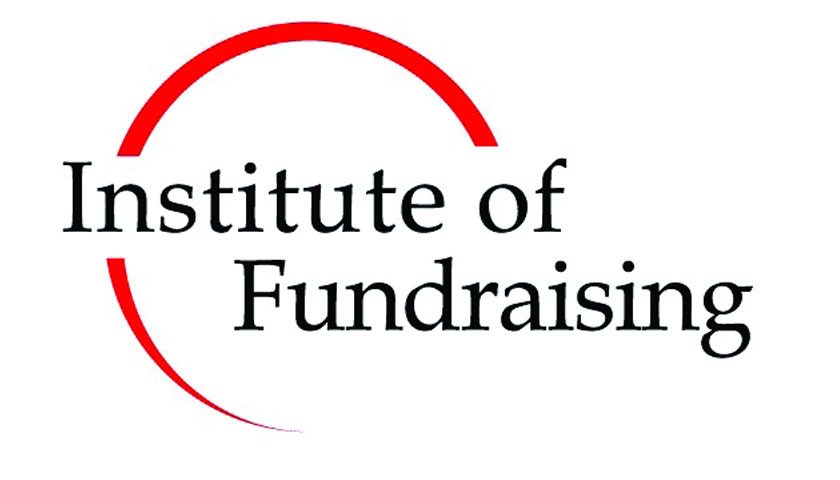The Chartered Institute of Fundraising has released a series of recruitment guides to support the fundraising profession to become a more equal, diverse and inclusive profession where we recruit for “culture add”, not “culture fit”.
The Change Collective guides have been produced for the fundraising community to help them consider the actions and decision they can take to achieve a more diverse fundraising workforce. The guides include an additional element to reflect on recruiting during the coronavirus crisis.
Each guide has been developed with expert advice from recruitment agencies and EDI consultants, and lived experience from fundraisers.
Sharing her lived experience, Martha Awojobi said
I have always loved being a fundraiser, we inspire people to invest in social change and be part of a collective solutions to some of the most complex social issues of our time. We shouldn’t be afraid to speak about our past failures when it comes to equality, diversity and inclusion. In fact, we should be the ones showing other sectors truly inclusivity looks like. All it takes is honesty, humility and hope.
The four guides:
- Hiring Managers: A guide on where to start on an EDI policy, creating an attractive company culture, recruiting, and progression for your staff members.
- Small Charities: For organisations who are recruiting their first fundraiser as they make the investment pay off to keep running your services and not complete with reserves.
- Job Seekers: For those interested in a job in fundraising, working for a charity with a cause they are passionate about, have taken a break and looking to return to work, or changing career.
Change Collective Recruitment Guides
Recruitment Agencies: To support recruitment agencies as they get their client organisations to consider EDI in their recruitment.
Peter Lewis, chief executive of the Chartered Institute of Fundraising, said:
The well-established lack of diversity in our profession, with too few BAME and disabled fundraisers, is a systemic weakness which the profession needs to address.
We need leadership from trustees, chief executives, directors of fundraising and human resource professionals who not only embrace the importance of EDI for themselves and for their fundraising teams, but accept that it is critical to delivering their organisational objectives.
In a blog released alongside the guides, Elizabeth Balgobin, Interim Head of Equality, Diversity, and Inclusion at the Chartered Institute of Fundraising, said:
It’s a formidable suite of resources – those blogs and resources released during lockdown are good, and useful, but the guides give you all that and more.
I strongly encourage you to share the guides with your colleagues, share with those outside of fundraising, share with people looking for work or a change of career. Together we can make fundraising a more diverse and inclusive profession – we owe it to our causes.


